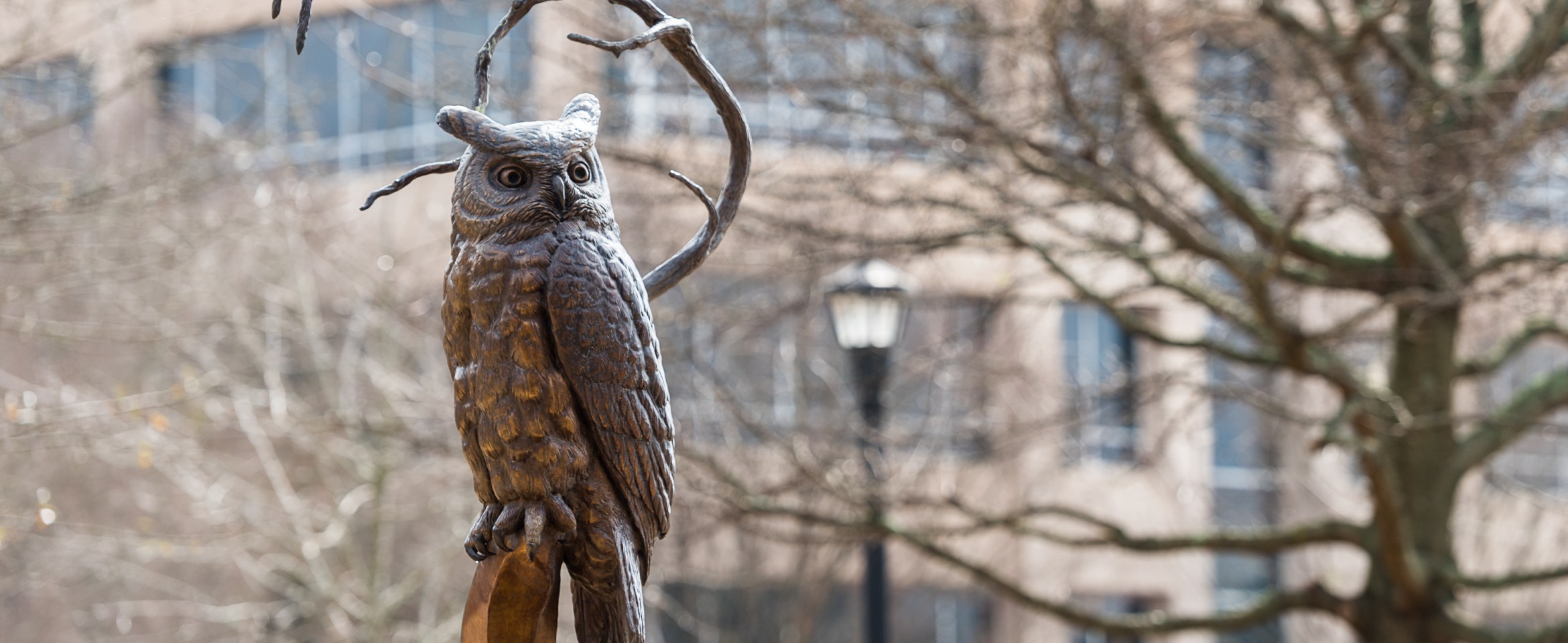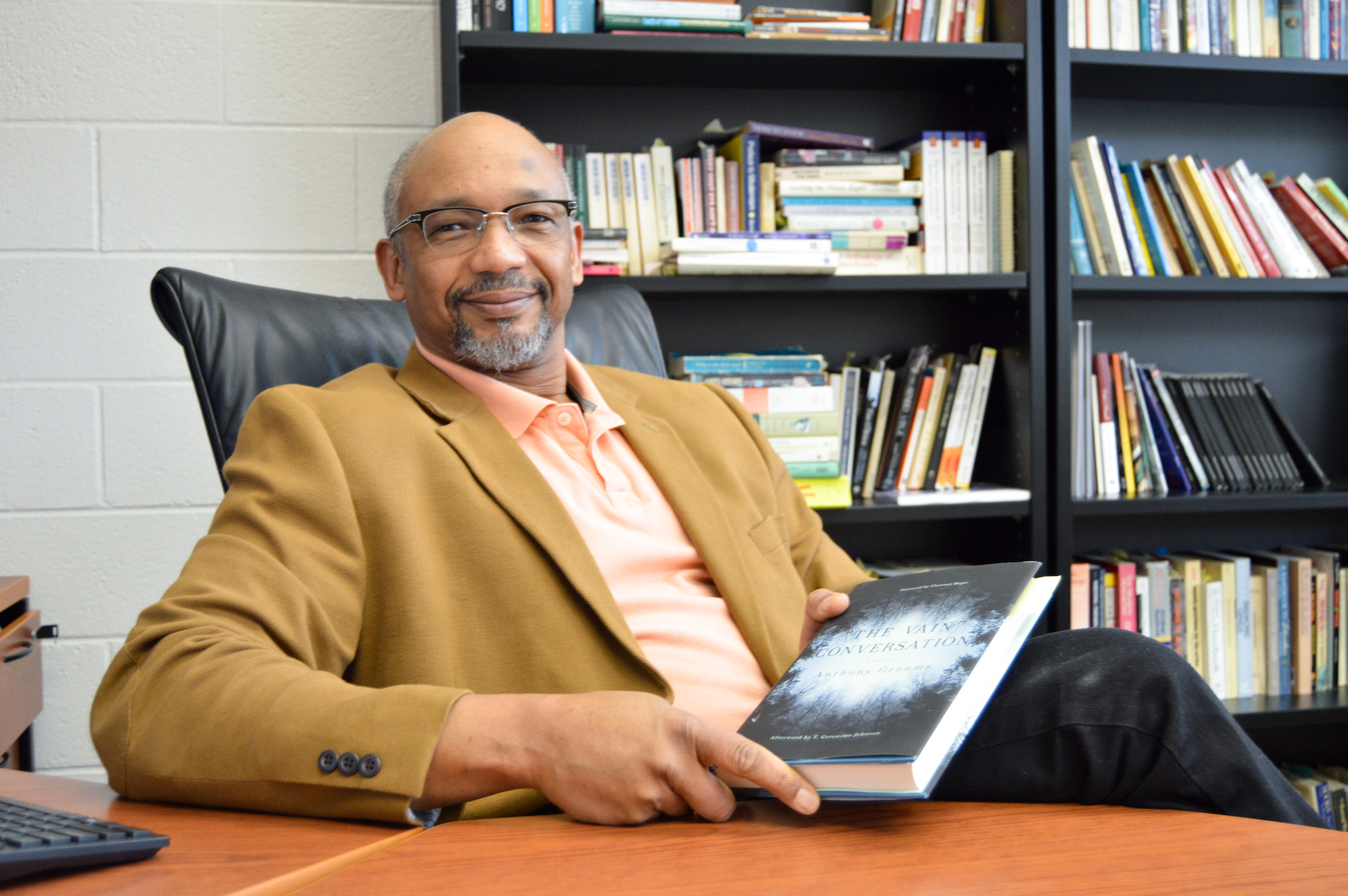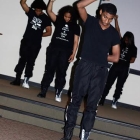Kennesaw State adopted a new Freedom of Expression Policy on Friday, Oct. 5, that aims to “better facilitate the free exchange of ideas” for students on campus.
In a document on KSU’s public forum website, the university describes the new policy and its purpose, laying out new requirements for the ways in which students can request outdoor space for events on campus.
“Kennesaw State University recognizes and is committed to upholding the First Amendment rights of all individuals, including freedom of speech and peaceable assembly,” the document states. “KSU also recognizes its responsibility to provide a secure learning environment that allows individuals enrolled at or employed by KSU to express their views in ways that do not disrupt the operation of the university.”
According to the document, under this new policy, KSU has designated certain “highly visible” outdoor areas on campus as public forums. These “Designated Campus Areas” include much of the Campus Green on the Kennesaw campus and the area between the administration building and the Joe Mack Wilson Student Center by the Globe on the Marietta campus.
Students are only required to fill out a reservations request form with the Department of Student Life if the space will be used by 30 or more people or if an individual or group that is not enrolled at or employed by KSU will be engaging in “expressive activity” in the designated areas, according to the document. In the policy, the university states that requests must be made four university business days prior to the speech or event.
The document states that reservation scheduling will be coordinated by a Student Affairs official, and it states that reservations will be scheduled on a first-come, first-serve basis. The Student Affairs official will have no more than two university business days to either authorize the reservation or submit a reason for a denial.
The document states that the reservation request may be denied if the request form is not fully completed, if the request form contains a “material falsehood or misrepresentation,” if the area requested has already been reserved by other students who previously submitted a request form, if the intended use of the area would disturb previously planned university events, if the area is not large enough to accommodate the expected number of people and if the intended use of the area would present a danger to other students or the KSU community.
“When assessing a reservation request, the Student Affairs official must not consider or impose restrictions based on the content or viewpoint of the expression, including the possible reaction to the content or viewpoints anticipated to be expressed during the event,” the document states.
According to the document, any denial of a request may be appealed to the vice president for Student Affairs. The vice president of Student Affairs is required to respond to an appeal within two university business days, and the vice president’s decision is final.
This policy went into effect just 16 days after university officials filed a response to the complaint brought against them earlier this year by Ratio Christi, a Christian student organization at KSU.
The officials’ response denied many of the allegations brought up in the original complaint filed in February, including the allegation that KSU officials “seek to silence or restrict those who express ideas to which they object, using a myriad of different university policies to effectuate this censorship.”
According to the complaint, the student organization alleged that KSU’s policies on where students can set up displays on campus and speak with students are unconstitutional.
The complaint states that Ratio Christi requested a space on the campus green to set up a pro-life display, and it stated that the group was denied its request and that the university redirected the group to a campus “speech zone.” The group said in the complaint that the area described would confine them to a small portion of the campus.
Alliance Defending Freedom also filed a complaint against university officials in March on behalf of KSU’s chapter of Young Americans for Freedom after the university charged the group an extra security fee to invite a guest speaker to one of their events on campus.
“They believe that they’re being discriminated against,” said Michael Patrono, YAF’s advisor and senior lecturer of economics and finance. “I don’t think they say it’s the issue of charging a security fee. They see it as, I think they way they put it was, they’re being charged a security fee when others are not.”
Patrono said that when it comes to student freedom of expression on campus, “we should have as much freedom as possible.” Patrono said he believes the university should have some control over what happens on its campus, but there should be no limitations of expression and each group, whether conservative or liberal, should be treated equally by the university.
“I think the real issue is, are you discriminating against different groups,” Patrono said. “Are you saying one group, which has one political leaning, is allowed to do whatever they want, but as soon as a conservative group wants to do something, well now there’s all kinds of regulations you have to jump through? That would be where we would have a problem.”
KSU officials have filed several extensions on the lawsuit filed on behalf of YAF. The most recent extension was filed on Oct. 4, and it extends the officials’ deadline to respond to Wednesday, Oct. 10, according to a court document.
A map of the “Designated Campus Areas” can be found on KSU’s public forum website along with the new reservation request form.




